Why Spain is a great place for kids
Choosing the city that's right for you
Choosing the visa that's right for you
More than just great weather
Why Spain provides a better quality of life
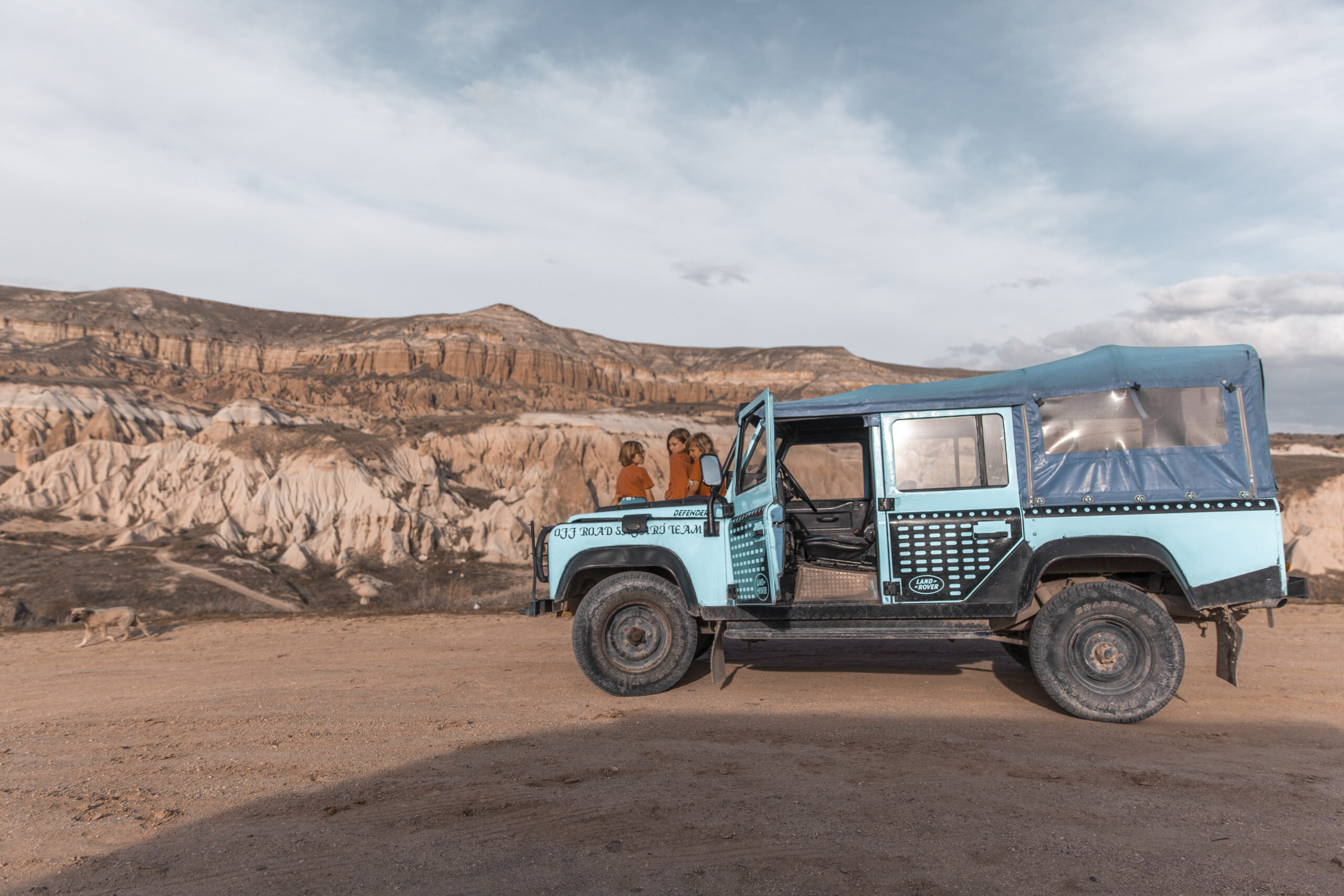
How we Plan
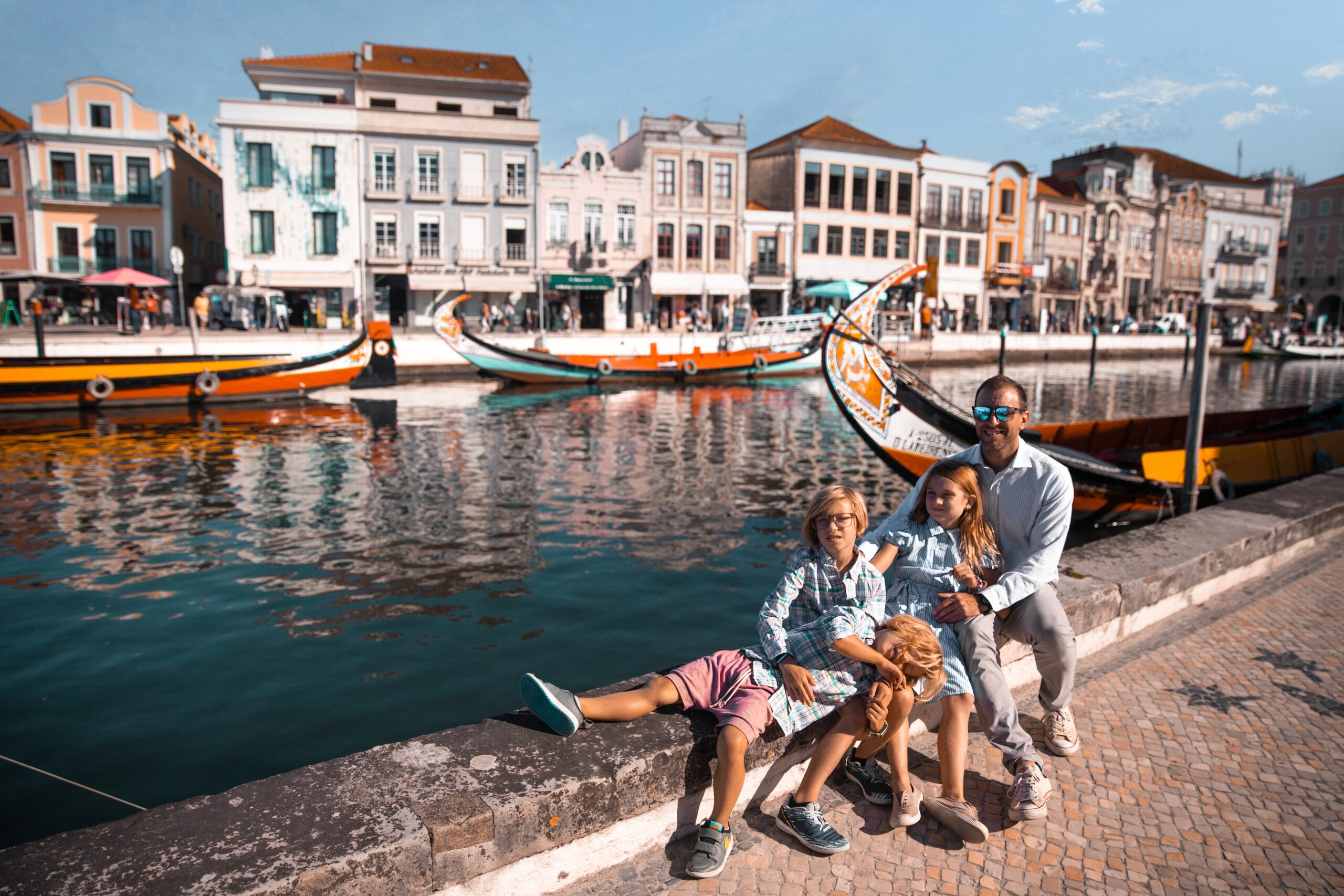
What we pack
Choosing Travel Insurance
Book Your Hotel
with Booking.com
Book Your Car
with RentalCars.com
Book Your Flight
with Skyscanner.com
Book Your Tour
with GetYourGuide.com
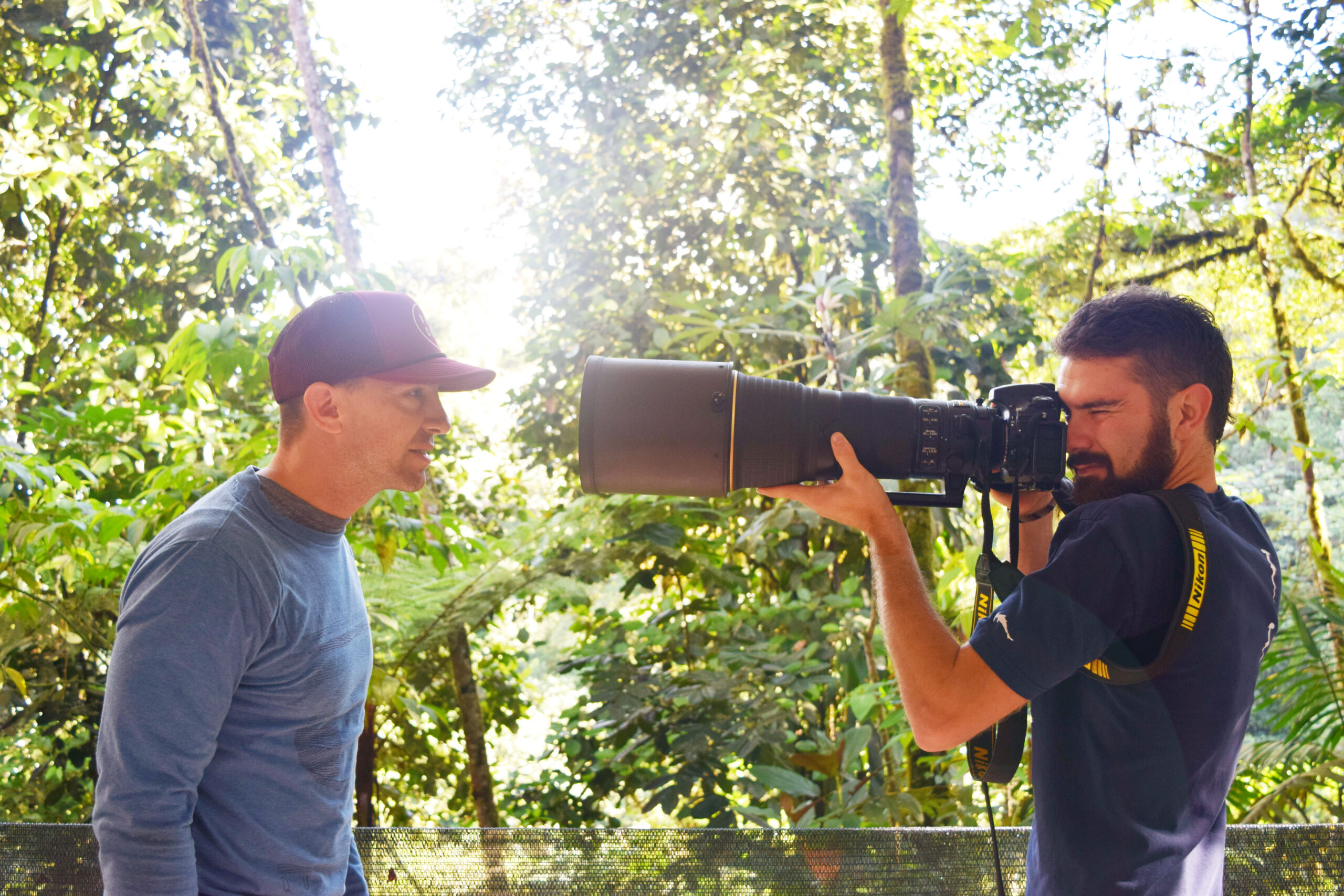
Our Camera Gear
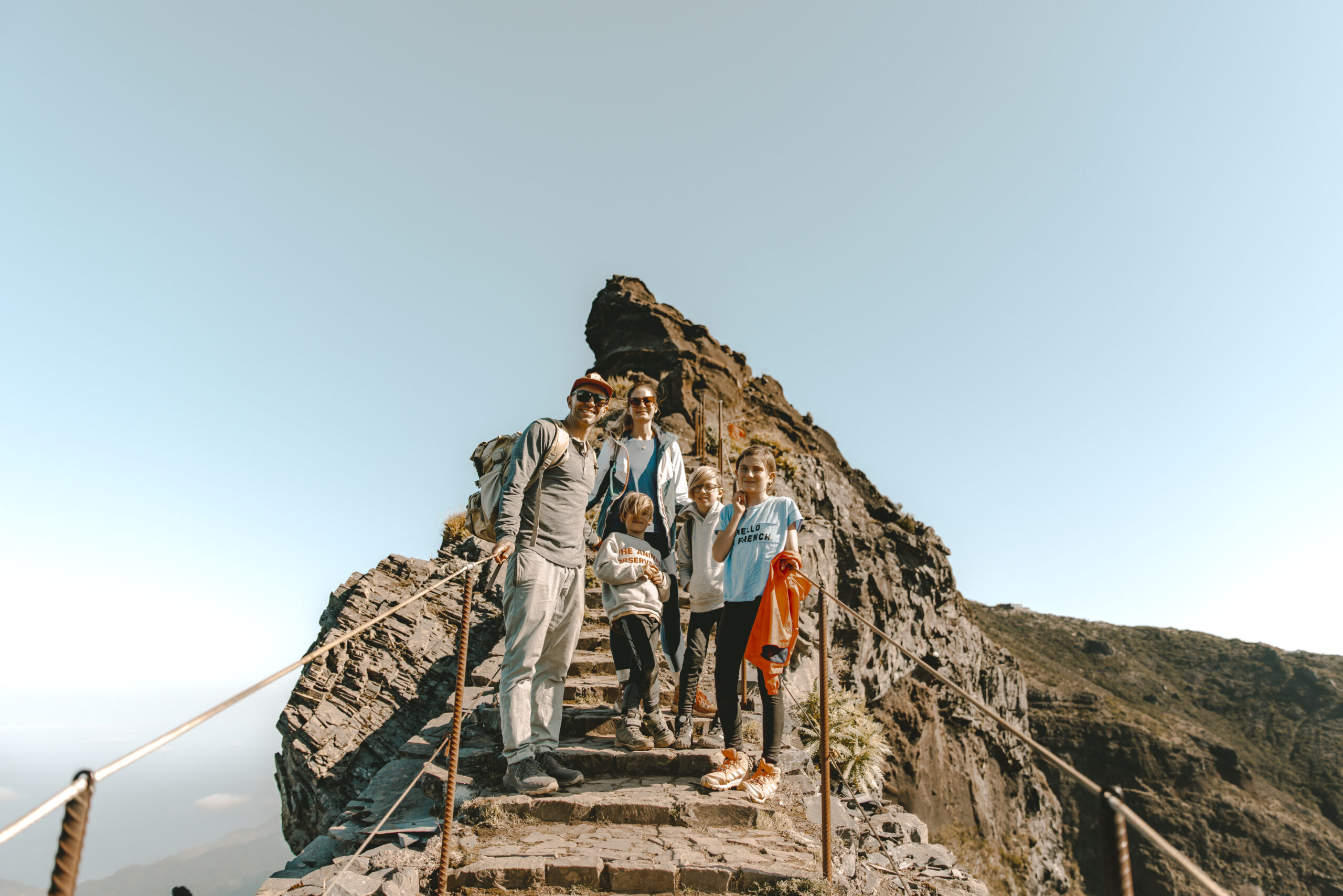
How We Fly
Choosing Your Destination
Guide to...
Zambia
Zambia, known for the thundering Victoria Falls, the vast wilderness of South Luangwa National Park, and the tranquil waters of the Zambezi River, offers an immersive safari experience amidst untamed beauty and rich cultural heritage.
Map
Weather
Itineraries
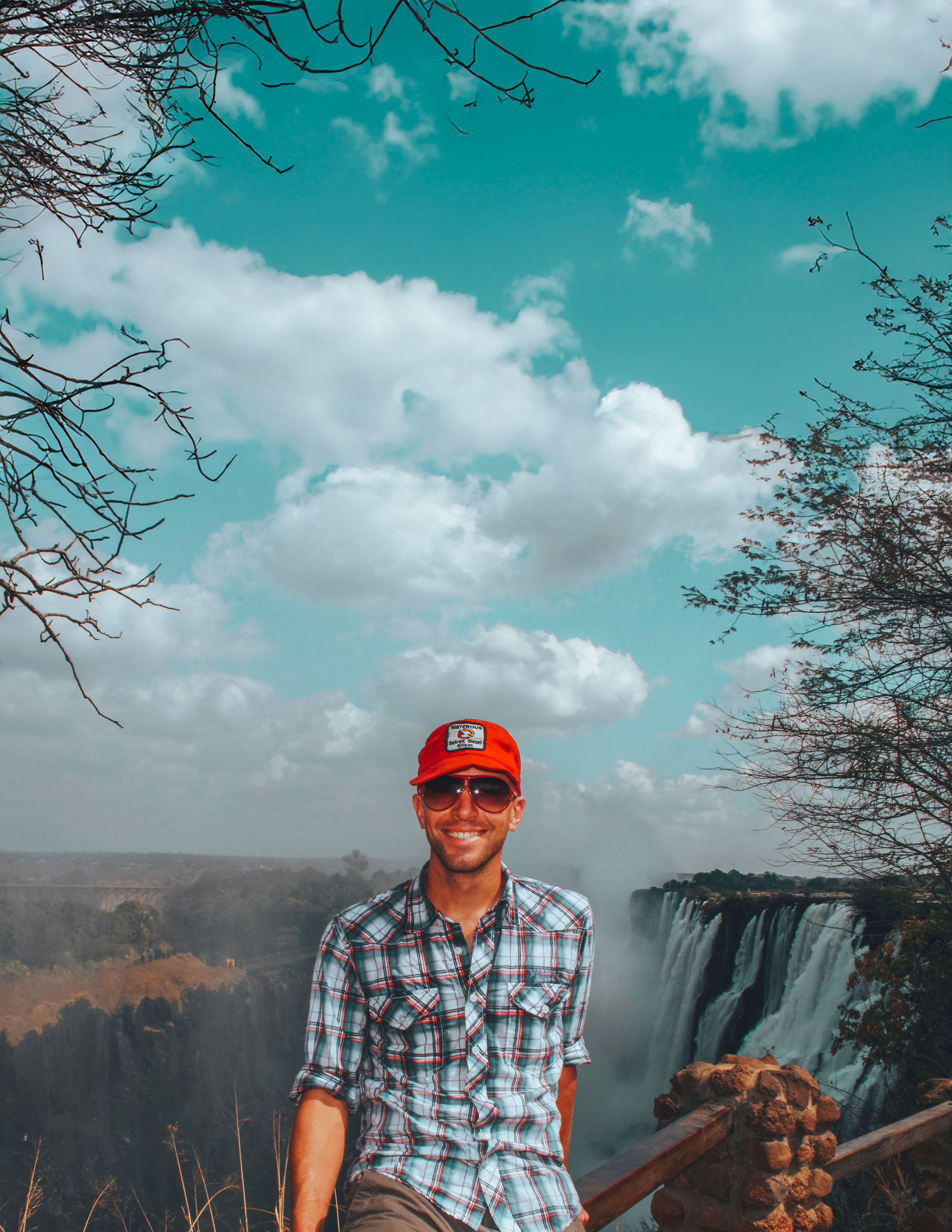
Coming Soon...
livingstone
Top Five Restaurants in livingstone
Nestled on the banks of the Zambezi River, The Elephant Cafe offers a unique dining experience with stunning views and interactions with resident elephants. The menu features gourmet cuisine using locally sourced ingredients, including game meat and fresh vegetables. A visit here is not just about the food but the entire wildlife and riverine adventure.
Golden Leaf is renowned for its authentic Indian cuisine, offering a variety of flavorful curries, tandoori dishes, and vegetarian options. The warm and inviting atmosphere makes it a popular choice for both locals and tourists. The restaurant is also known for its excellent service and attention to detail.
Situated within the luxurious Royal Livingstone Hotel, this dining room offers an elegant culinary experience with views of the Zambezi River. The menu features a blend of international and local Zambian dishes, prepared with fresh, high-quality ingredients. The sophisticated ambiance and exceptional service enhance the dining experience.
Ocean Basket is a popular seafood restaurant offering a wide range of fresh seafood dishes, from sushi to grilled fish. Located in the center of Livingstone, it provides a casual and relaxed dining atmosphere perfect for families and groups. The restaurant is well-loved for its generous portions and reasonable prices.
Zambezi Cafe offers a cozy setting with a diverse menu that includes local Zambian cuisine and international favorites. The cafe is known for its friendly service, lively atmosphere, and delicious coffee. It’s a great spot for breakfast, lunch, or an evening meal.
Top Five hotels in livingstone
The Royal Livingstone Hotel by Anantara offers luxury accommodations with stunning views of the Zambezi River and Victoria Falls. Guests enjoy elegant rooms, excellent dining, and a range of activities, including safaris and sunset cruises. The hotel’s prime location and top-notch service make it a top choice for travelers.
Located just a short walk from Victoria Falls, Avani Victoria Falls Resort provides comfortable accommodations and a family-friendly atmosphere. The resort features spacious rooms, a large pool, and various dining options. Its proximity to the falls and friendly service are major highlights.
Tongabezi Lodge offers an intimate and exclusive retreat along the Zambezi River. The lodge features luxurious cottages and houses, personalized service, and a range of activities like canoeing and wildlife viewing. It’s ideal for a romantic getaway or an adventurous vacation.
Nestled on the banks of the Zambezi River, Waterberry Zambezi Lodge provides a tranquil and picturesque setting. The lodge offers comfortable accommodations, excellent dining, and a variety of activities such as river cruises and village tours. Its serene location and friendly staff make it a standout choice.
Protea Hotel by Marriott Livingstone offers modern accommodations and convenient amenities, including a pool and restaurant. The hotel is well-located for exploring Victoria Falls and the surrounding area. Guests appreciate the comfortable rooms, friendly service, and reasonable rates.
FAQ's
What are the main things to do with kids in Zambia?
Zambia offers a variety of activities and attractions that can be enjoyed by families with children. Here are some of the main things to do with kids in Zambia:
1. Safari adventures: Zambia is known for its stunning wildlife and national parks. Take your kids on a safari to spot animals like elephants, lions, giraffes, and zebras in their natural habitat. Some popular parks include South Luangwa National Park, Kafue National Park, and Lower Zambezi National Park.
2. Victoria Falls: Visit the magnificent Victoria Falls, one of the world’s largest waterfalls. Older children can enjoy activities like white-water rafting, bungee jumping, and helicopter rides over the falls.
3. Cultural experiences: Introduce your children to Zambian culture by visiting local villages, markets, and museums. The Livingstone Museum is a great place to learn about Zambian history and culture.
4. Outdoor adventures: Zambia offers plenty of opportunities for outdoor activities like hiking, camping, fishing, and canoeing. Take your kids to Lake Kariba for a unique fishing and boating experience.
5. Educational programs: Some lodges and tour operators offer educational programs for children, teaching them about wildlife conservation, ecology, and local culture.
6. Playgrounds and parks: In larger cities like Lusaka and Livingstone, you can find playgrounds and parks where children can play and interact with local kids.
7. Animal sanctuaries: Visit animal sanctuaries and rehabilitation centers to learn about wildlife conservation efforts and see animals up close. The Elephant Orphanage Project in Kafue National Park is a popular choice.
Remember to take necessary precautions to ensure your children’s safety and health while traveling in Zambia, such as taking malaria prevention measures and staying hydrated in the hot climate.
What is Zambia famous for?
Zambia is a landlocked country in southern Africa, known for its diverse landscapes, rich wildlife, and unique cultural heritage. Here are some of the things Zambia is most famous for:
1. Victoria Falls: Zambia is home to one of the world’s largest waterfalls, Victoria Falls, which it shares with neighboring Zimbabwe. The falls are a UNESCO World Heritage site and attract tourists from around the globe.
2. Copper mining: Zambia is one of the world’s largest producers of copper, and mining is a major contributor to the country’s economy. The Copperbelt Province is the center of Zambia’s mining industry.
3. Wildlife and safaris: With 20 national parks and 34 game management areas, Zambia is a top destination for safari enthusiasts. It is known for its diverse wildlife, including elephants, lions, leopards, hippos, and over 400 bird species.
4. The Zambezi River: The Zambezi, Africa’s fourth-largest river, flows through Zambia and is a popular spot for activities like white-water rafting, fishing, and sunset cruises.
5. Cultural diversity: Zambia is home to over 70 ethnic groups, each with its own unique customs, traditions, and languages. The country is known for its vibrant festivals, traditional ceremonies, and friendly people.
6. Livingstone: The city of Livingstone, named after the explorer David Livingstone, is a popular tourist destination known for its adventure activities and proximity to Victoria Falls.
7. Luangwa Valley: The Luangwa Valley, particularly South Luangwa National Park, is known for its high concentration of wildlife and is a popular destination for walking safaris.
These are just a few of the many things that make Zambia a unique and fascinating country to visit and explore.
What power plug type does Zambia use?
Zambia primarily uses plug type G, which is the same type used in the United Kingdom, Ireland, and several other countries. This plug type has three rectangular pins arranged in a triangular pattern.
Key specifications for type G plugs:
– Voltage: 220-240 V
– Frequency: 50 Hz
– Pins: 3 rectangular pins (1 larger top pin, 2 smaller bottom pins)
It’s important to note that some hotels or lodges in Zambia may have a mixture of plug types, including type C (two round pins) and type D (three round pins in a triangular pattern). However, type G is the most common.
If your devices have a different plug type, it’s best to bring a suitable travel adapter to ensure compatibility. Also, make sure your devices are rated for 220-240 V; if they are not, you may need a voltage converter in addition to the plug adapter.
Is Zambia safe?
Zambia is generally considered a safe country for tourists, with a relatively stable political environment and a low crime rate compared to some other African nations. However, like any destination, there are certain safety concerns and precautions travelers should be aware of:
1. Petty crime: Incidents of pickpocketing, bag snatching, and theft can occur, particularly in cities and tourist areas. Keep valuables secure and be aware of your surroundings.
2. Road safety: Road conditions can be poor, and traffic accidents are common. Exercise caution when driving, and avoid traveling by road at night when possible.
3. Wildlife: When on safari or in national parks, always follow the guidance of your tour operator and maintain a safe distance from wild animals.
4. Health concerns: Malaria is prevalent in Zambia, so travelers should take precautions such as using insect repellent and taking anti-malarial medication. It’s also important to stay up to date on routine vaccinations.
5. Scams: Be cautious of strangers offering deals that seem too good to be true, and only use reputable tour operators and businesses.
6. LGBTQ+ travelers: Same-sex relationships are illegal in Zambia, and LGBTQ+ travelers may face discrimination or legal issues.
Despite these concerns, most trips to Zambia are trouble-free. To ensure a safe and enjoyable trip, stay informed about current events, follow local laws and customs, and take common-sense precautions. It’s also a good idea to purchase travel insurance and register with your country’s embassy or consulate in Zambia.
What do I need to know before traveling to Zambia?
Before traveling to Zambia, there are several important things to keep in mind:
1. Visa requirements: Many nationalities need a visa to enter Zambia. Check with the Zambian embassy or consulate in your country for the most up-to-date visa information and requirements.
2. Health precautions: Consult your doctor about necessary vaccinations and medications, such as anti-malarials. Yellow fever vaccination is required if arriving from a country with risk of transmission. Bring insect repellent to protect against mosquito-borne illnesses.
3. Climate and clothing: Zambia has a subtropical climate with a dry season (May-October) and a wet season (November-April). Pack appropriate clothing for your activities, including lightweight, breathable fabrics and layers for cooler evenings.
4. Language: English is the official language in Zambia, but there are also many local languages spoken. Learning a few basic phrases can be helpful.
5. Currency: The local currency is the Zambian Kwacha (ZMW). Bring cash in US dollars to exchange or use at some larger establishments. ATMs are available in cities, but may be unreliable.
6. Transportation: Renting a car is possible, but driving can be challenging due to poor road conditions and traffic. Consider hiring a driver or using a reputable tour operator for transportation.
7. Accommodations: Zambia offers a range of accommodations, from luxury lodges to budget guesthouses. Book in advance, especially during peak season (June-October).
8. Electrical outlets: Zambia primarily uses type G plugs (UK-style three-pin plugs). Bring appropriate adapters for your devices.
9. Cultural awareness: Zambians are known for their friendliness and hospitality. Respect local customs, dress modestly, and ask permission before taking photos of people or cultural sites.
10. Safety: While Zambia is generally safe, take common-sense precautions to protect yourself from petty crime, especially in cities and tourist areas.
When is the best time to travel to Zambia?
The best time to travel to Zambia depends on your interests and the activities you have planned. However, most travelers prefer to visit during the dry season, which runs from May to October.
Dry Season (May to October):
– This period offers the best conditions for wildlife viewing, as animals gather around water sources and vegetation is less dense, making them easier to spot.
– The weather is generally pleasant, with warm days and cool nights.
– It’s the peak tourist season, so accommodations and tours may be more expensive and crowded.
– The water levels at Victoria Falls are lower from September to November, providing better visibility of the rock face, but less spectacular views of the falls themselves.
Wet Season (November to April):
– The landscape is lush and green during this time, offering unique photographic opportunities.
– There are fewer crowds and lower prices for accommodations and tours.
– Some roads and parks may be closed due to flooding, and wildlife may be harder to spot due to thicker vegetation.
– The water levels at Victoria Falls are highest from March to May, creating a spectacular display of the falls but also obscuring some viewing points with spray.
Ultimately, the best time for you will depend on your specific plans and preferences. If your main focus is on wildlife viewing and you don’t mind crowds, the dry season (particularly June to August) might be best. If you prefer a quieter experience, lower prices, and don’t mind some rain, consider visiting during the shoulder months of the wet season, such as November or April.
What are the current Zambia travel restrictions and how do they affect your trip plans?
Travel rules and guidelines can change frequently, especially considering the evolving global situation in recent years.
For the most accurate and up-to-date information about Zambia’s travel restrictions in May 2024, I recommend:
1. Checking the official website of the Zambian Ministry of Foreign Affairs or the Zambian Department of Immigration for any announcements or updates on entry requirements and COVID-19 related restrictions.
2. Contacting the Zambian embassy or consulate in your country for specific guidance on visa requirements and any additional documents or procedures needed for travel.
3. Consulting the travel advisories issued by your own country’s government for Zambia, as they will have the most relevant information for citizens traveling abroad.
4. Staying informed about any changes to airline policies or requirements related to travel to Zambia.
5. Checking with your accommodation providers or tour operators in Zambia for any specific requirements or recommendations they may have for travelers.
Remember that travel restrictions can impact your plans in various ways, such as requiring additional documentation, testing, or quarantine periods.
How to travel to Zambia?
To travel to Zambia, you’ll need to consider various aspects of your trip, such as transportation, visa requirements, and health precautions. Here’s a general guide to help you plan your travel to Zambia:
1. Check visa requirements: Determine if you need a visa to enter Zambia based on your nationality. Many nationalities can obtain a visa upon arrival, but it’s best to check with the Zambian embassy or consulate in your country for the most current information.
2. Book your flights: Zambia’s main international airports are Kenneth Kaunda International Airport in Lusaka and Harry Mwanga Nkumbula International Airport in Livingstone. You can reach Zambia via international airlines such as Emirates, Ethiopian Airlines, Kenya Airways, and South African Airways.
3. Choose your accommodations: Zambia offers a range of accommodations, from luxury lodges to budget guesthouses. Book in advance, especially if you’re traveling during the peak season (June to October).
4. Plan your transportation: Decide how you’ll get around once in Zambia. Renting a car is possible, but driving can be challenging. Many visitors opt for guided tours or hire a driver. Domestic flights and public transportation are also available.
5. Arrange your activities: Zambia offers a wealth of activities, from safari adventures to visits to Victoria Falls. Research and book your desired activities in advance, especially during peak season.
6. Get necessary vaccinations and medications: Consult your healthcare provider about necessary vaccinations and prophylactic medications, such as anti-malarials. Be sure to do this well in advance of your trip.
7. Pack appropriately: Consider the season and your planned activities when packing. Include lightweight, breathable clothing, comfortable shoes, a hat, sunscreen, and insect repellent.
8. Obtain travel insurance: It’s a good idea to purchase travel insurance to cover any unforeseen circumstances, such as trip cancellations, medical emergencies, or lost luggage.
9. Notify your bank: Inform your bank and credit card company of your travel plans to avoid any issues with using your cards abroad.
By following these steps and staying informed about current travel guidelines and restrictions, you can plan a successful and enjoyable trip to Zambia.

